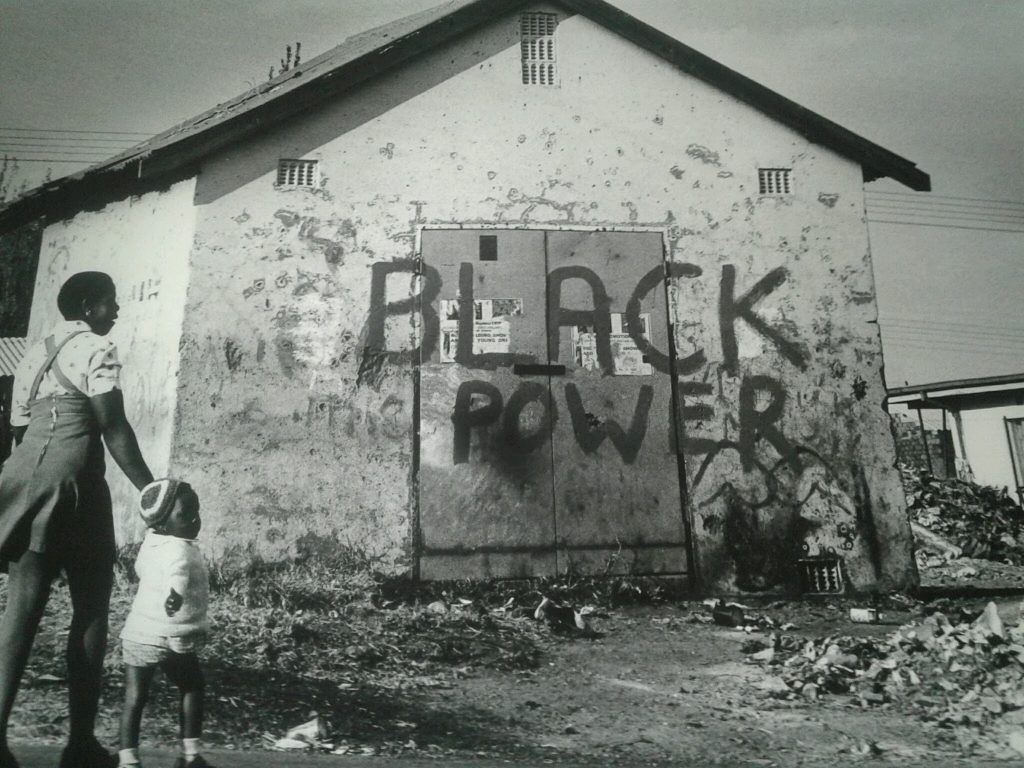It’s without a doubt that the working class needs each other to be able to fight the different struggles that they are faced with. Khanya College is starting at the base of the problem, by first unpuzzling the effects of poor education on the political consciousness and the generic capacities of members of this class. Khanya has been running study groups that bring together the different age-groups of the working class in one learning circle. The study groups were also the first step towards this year’s Jozi Book Fair (JBF) theme: ‘Reimagine and remake the world’ – which helps to address and zoom into these issues more.
The study groups are designed in a triangular format. The triangle is built out of the staff study group, WhatsApp study group, and the mass study group. This format ensures that readings are broken down slowly and read again for better understanding. Each reading is first discussed in the staff study group that also consists of the facilitators of the smaller WhatsApp groups. When the WhatsApp study group sessions – where comrades are in groups of eight including the facilitators themselves – come, the members take turns reading, and then it is discussed. This platform also detects the outcomes of the Saturday Mass study group as it shows if people understand or need extra time. If not, a reading is again discussed, on the second Saturday of the month in the mass study group session. This is where the comrades can also raise the issues that stood out for them from the reading.
The study groups aim to improve, facilitate and grow reading and writing skills, and to broaden political consciousness in the different constituencies that Khanya works with. It is during these study groups that the working class is able to discuss the different issues that take place in their communities. The study groups have always been used to build momentum and link different events together. The study groups were a skeleton to the JBF as most of the readings will be done in the Jozi Book Fair workshops.
The JBF promotes reading and writing while the workshops provide detailed focus as comrades discuss different readings; break the difficult passages down just like in the study groups.
After sometime time, the momentum of the WhatsApp study groups began to slow down starting around July 2022. Facilitators comment that this could be because of the rolling electricity cuts across the different areas WhatsApp study group members are in, coinciding with times set for WhatsApp study sessions on set the days. They add that that may have also led to frustration and a loss of interest. Commitment also proved to be a problem as different comrades were inconsistent with their attendance. This may also be because some of the comrades are not used to such platforms so it became hard to commit. Different interests also came up as part of the problem as some show more interest in arts and culture although they to realise the need to read in order to understand the world better.
But because the study groups were a way to keep the link between the different constituencies and also track the improvement in political consciousness the study group were then reshuffled and new groups were formed. The groups consisted of the comrades that attended this year’s winter school and the Jozi Book Fair events. These two events were used as platforms to advertise the study groups and source out different new different people that were interested in the study groups.
This article was submitted on 19 October 2022. You may republish this article, so long as you credit the authors and Karibu! Online ( www.Karibu.org.za ), and do not change the text. Please include a link back to the original article.


 Download PDF
Download PDF
